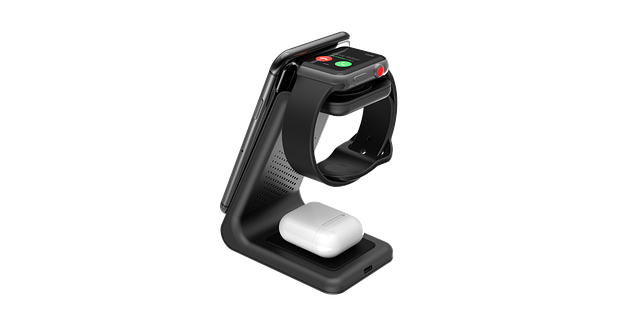Managing autodialer strategies for attorneys in Pennsylvania requires a deep understanding of state laws like the TCPA and Unfair Trade Practices Acts, focusing on consumer privacy and preventing harassment. Businesses must obtain explicit consent before automated calls and honor opt-out requests, facing penalties for non-compliance. Effective legal strategies involve staying current with regulatory changes, stringent consent management practices, and transparent communication. Customising autodialer settings, integrating it with legal software, and implementing best practices like secure communication and regular staff training ensures maximum productivity while maintaining ethical standards and protecting against legal repercussions for autodialer attorneys in Pennsylvania.
In the age of automated communication, autodialer technology has transformed how businesses connect with customers. However, its use comes with legal considerations, especially in Pennsylvania. This comprehensive guide for autodialer attorneys navigates the state’s legal framework and offers strategic insights for effective and compliant autodialer implementation. From understanding the technology to crafting tailored plans and ensuring ongoing compliance, this article equips autodialer attorneys with essential tools to succeed in Pennsylvania.
Understanding Autodialer Technology and Legal Framework in Pennsylvania

In Pennsylvania, understanding the intricacies of Autodialer technology is crucial for developing a robust legal strategy. An autodialer is a sophisticated software tool that enables automated phone calls to multiple recipients simultaneously. While this technology offers significant advantages in marketing and customer outreach, it also comes with legal considerations that must be addressed. The Telephone Consumer Protection Act (TCPA) and similar state laws, such as Pennsylvania’s Unfair Trade Practices and Consumer Protection Laws, govern the use of autodialers to ensure consumer privacy and prevent harassment.
Pennsylvania’s legal framework for autodialer attorneys requires strict compliance with consent mechanisms and do-not-call lists. Businesses using autodialers must obtain explicit permission from callers before initiating automated phone calls and respect individuals’ choices to opt-out. Non-compliance can result in substantial fines and class-action lawsuits. Thus, a comprehensive legal strategy for autodialer attorneys in Pennsylvania involves staying updated on evolving regulations, implementing robust consent management practices, and ensuring transparent communication with consumers throughout the process.
Crafting a Strategic Plan for Effective Use of Autodialers

In today’s digital era, autodialer technology has become an indispensable tool for legal practices, especially in Pennsylvania, where efficient case management is paramount. However, its effective use requires a strategic plan to ensure compliance with legal and ethical standards while maximizing productivity. Attorney firms should begin by defining their specific needs; whether it’s for client outreach, scheduling, or mass notification, tailoring the autodialer’s capabilities accordingly is essential.
A well-crafted strategy involves setting clear goals, such as increasing case acceptance rates or improving client response times. This entails programming the autodialer to make personalized calls, respect do-not-call lists, and adhere to local regulations. Additionally, integrating the system with existing legal software can streamline data management and ensure a seamless workflow for autodialer attorneys in Pennsylvania.
Implementing and Maintaining Compliance: Best Practices for Autodialer Legal Strategy

Implementing and maintaining compliance is a critical aspect of an effective Autodialer Legal Strategy, especially for autodialer attorneys in Pennsylvania. With strict regulations surrounding automated communications, such as the Telephone Consumer Protection Act (TCPA), legal professionals must stay abreast of changing laws to ensure their practices remain compliant. A robust compliance program involves regular training for staff on proper use and disclosure of customer information, implementing strict data security measures, and keeping detailed records of all autodialer campaigns.
Best practices include utilizing secure communication channels, obtaining explicit consent from callers before initiating automated messages, and providing clear opt-out mechanisms in all marketing materials and communications. Regular audits and monitoring of the autodialer system are essential to identify and rectify any non-compliance issues promptly. By adhering to these standards, autodialer attorneys can safeguard their practices, maintain client trust, and avoid potential legal repercussions.






